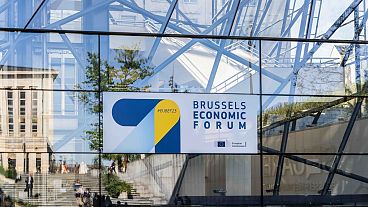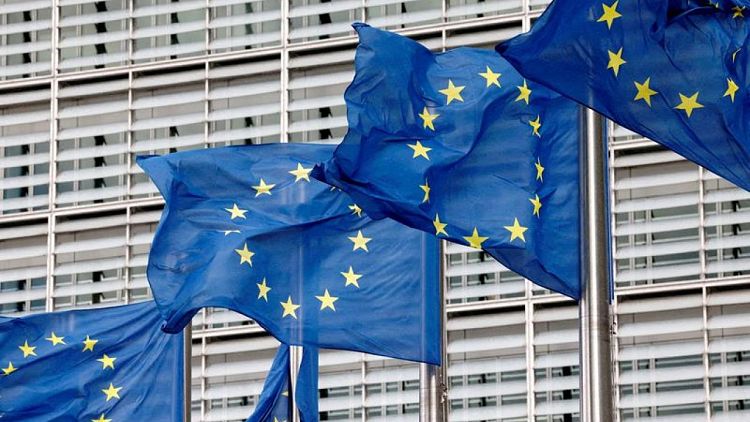By Kate Abnett
BRUSSELS - European Union countries are considering a proposal to cap gas prices at lower levels than suggested to date, before the bloc's energy ministers meet on Monday to attempt to approve the measure, according to a document seen by Reuters.
Despite months of negotiation and two emergency ministerial meetings over the EU's proposal for a cap, countries have not reached agreement over it and are at odds over whether it could ease or in fact worsen Europe's energy crisis.
The Czech Republic, which hold the EU's rotating presidency, has drafted a new compromise to attempt to break the deadlock on Monday.
Its proposal would trigger a cap if prices on the Dutch Title Transfer Facility (TTF) gas hub's front-month contract exceed 188 euros per megawatt hour for three days.
That is far lower than the 275 eur/MWh trigger originally suggested by the European Commission, which pro-cap countries including Belgium, Poland and Greece had dismissed as too high. They have said the cap needs to be below 200 eur if it is to tackle the high gas prices that have pushed up consumer bills.
Russia was the EU's biggest gas supplier before it invaded Ukraine in February. Moscow has since cut off the majority of the gas it sends to Europe, causing prices to spike and driving record-high inflation.
But Europe's biggest gas market Germany, the Netherlands and Austria oppose the cap, which they say could disrupt the functioning of the continent's energy markets and divert much-needed gas cargoes to other regions where prices are not capped.
Once triggered, the cap would prevent trades being done on the front-month to front-year TTF contracts at a price more than 35 eur/MWh above a reference price comprised of existing liquefied natural gas (LNG) price assessments.
Under the latest proposal, shared with EU countries on Saturday, the EU price cap would not fall below 188 eur/MWh, even if the LNG reference price fell to far lower levels,
But if the LNG reference price increased to higher levels, then the EU gas price cap would move with it, while remaining 35 eur/MWh above the LNG price - a system designed to ensure the bloc can bid above market prices if needed to attract scarce fuel.
The scepticism of some countries over the gas price cap has been shared by market participants including the Intercontinental Exchange, which hosts TTF trading in Amsterdam. It warned last week it could relocate the platform to outside the EU if the bloc capped prices.


